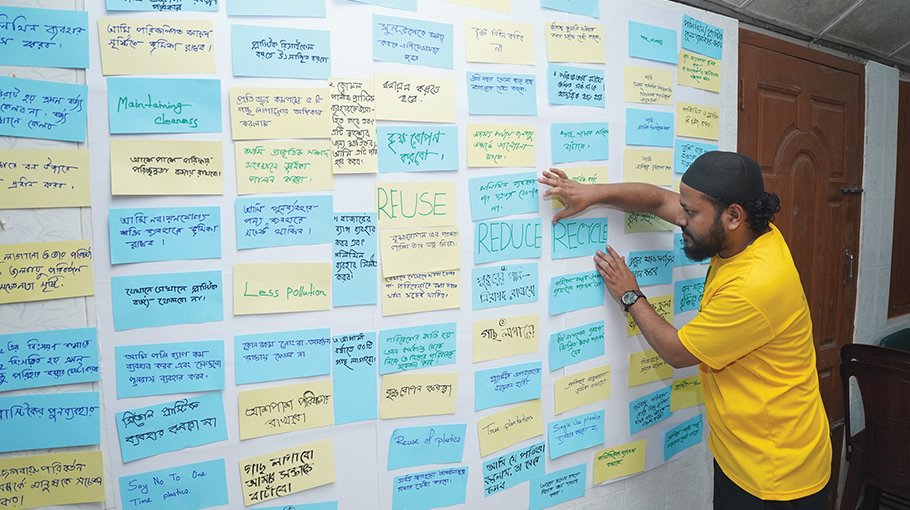Climate change impacts on date trees in Khulna region


The southwestern region of Bangladesh is particularly vulnerable to climate change due to its geographic location. The risks posed by climate change are increasing in the Khulna region, particularly in the coastal areas near and around the Sundarbans.
Climate change experts and environmentalists said that agricultural activities in Khulna region are facing severe disruptions due to salinity, both excessive rain and drought and waterlogging following the impact of climate change.
The climate change impacts date trees and date juice in the region as the salinity is impacting date palm yield and water scarcity is affecting date palm productivity.
“Thirty to forty years ago, the Khulna region was rich in resources such as sweet sap from date trees and large fish in the canals. However, due to the effects of climate change, these resources are now scarce,” said Ratan Kumar Adhikari, regional manager of Khulna zone at HEED Bangladesh.
Speaking at an event, he also said “We are responsible for this change, and it is our youth who must step forward to address this and take effective action.”
JAAGO Foundation Trust under its Nobodoy Project arranged the event titled ‘Youth Dialogue: What Do Youth Think About Tackling Climate Change?’ at Chalna Municipality in Khulna on Tuesday.
Youths in Khulna at the event pledged to tackle climate change. Participants of the event wrote three promises to address climate change and displayed them on a “Promise Wall.” They also collectively took an oath to protect the environment.Iftikhar Ul Karim, senior manager of the Project Implementation Team at JAAGO Foundation Trust, led the participants in the oath-taking ceremony with the following pledge:
“I pledge to protect Bangladesh from the threats of climate change. I will play an active role and inspire others. I will contribute to leading our country toward a sustainable and safe future. I am committed to acting as a guardian of the environment.”
During his speech, Iftikhar Ul Karim said, “JAAGO Foundation works nationwide with youth to drive development initiatives. The southern region of Bangladesh, particularly Khulna, is highly vulnerable to the impacts of climate change. While developed nations preserve their forests and import wood from countries like ours, we lack awareness of the harmful effects of deforestation. It is crucial to recognize the importance of preserving forests in combating climate change.”
In his speech, journalist Sheikh Didarul Alam shared his professional experiences of working on climate change issues. He said, “Government-led social service initiatives and climate change projects need to be implemented with sincerity and accountability by officials. To contribute to the country's development, we must change our mindset and perspective.”
The event was addressed, among others by Kali Pada Mistry, head teacher of Par-Joynagar Government Primary School; Md. Azizul Haque, Operations Manager of the Nobo Jatra Project at World Vision Bangladesh; and Md. Saiful Alam, District Coordinator of YouthNet. Representatives from youth organizations, Nobodoy project participants, and climate youth leaders also shared their insights.
All speakers emphasised the importance of youth leadership in preserving the environment and encouraged participants to take proactive measures in their respective capacities to address climate change.


